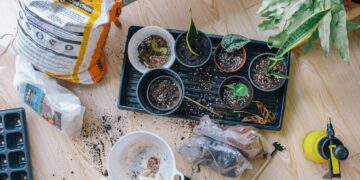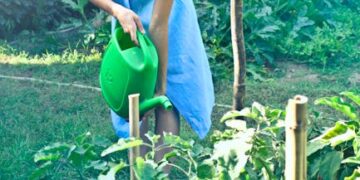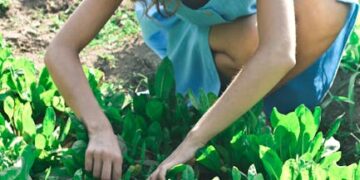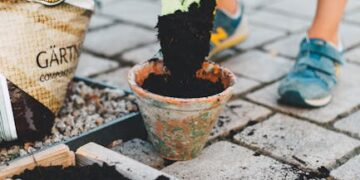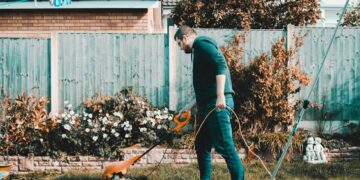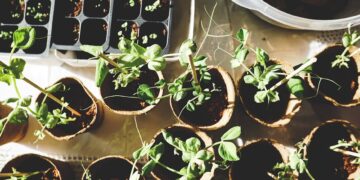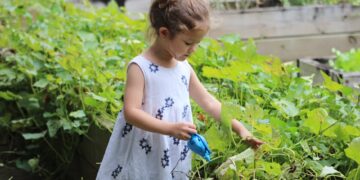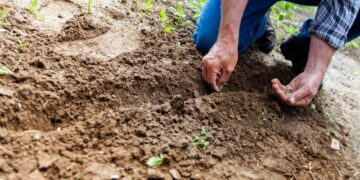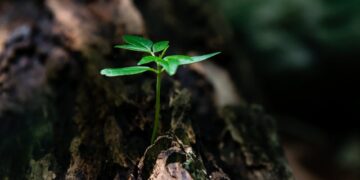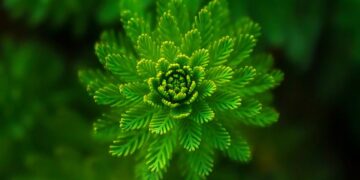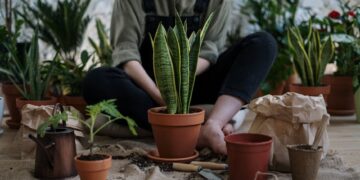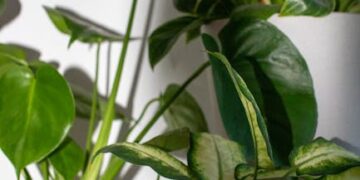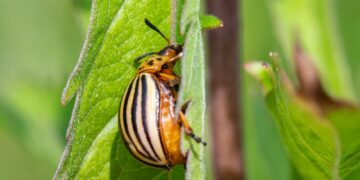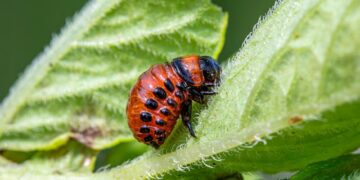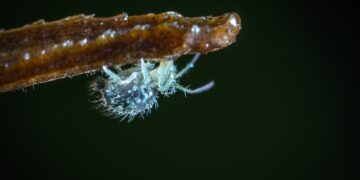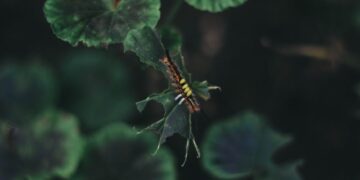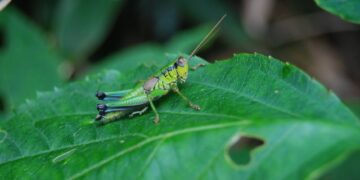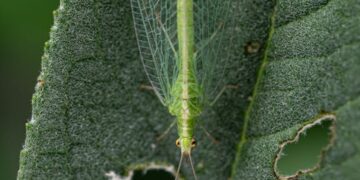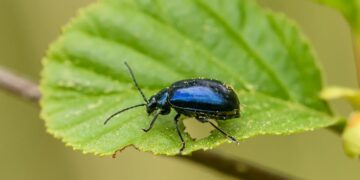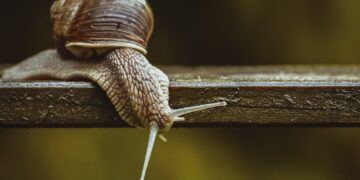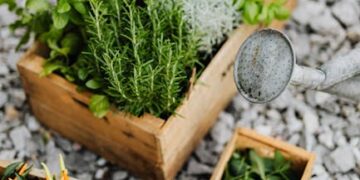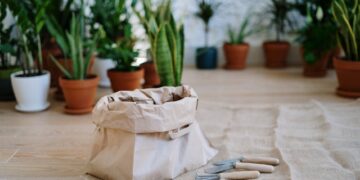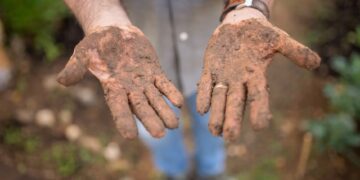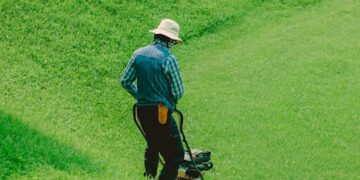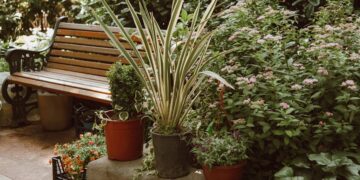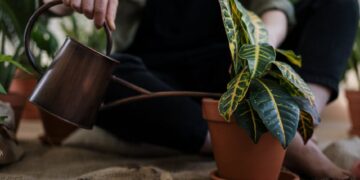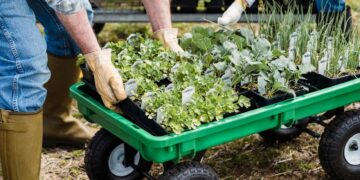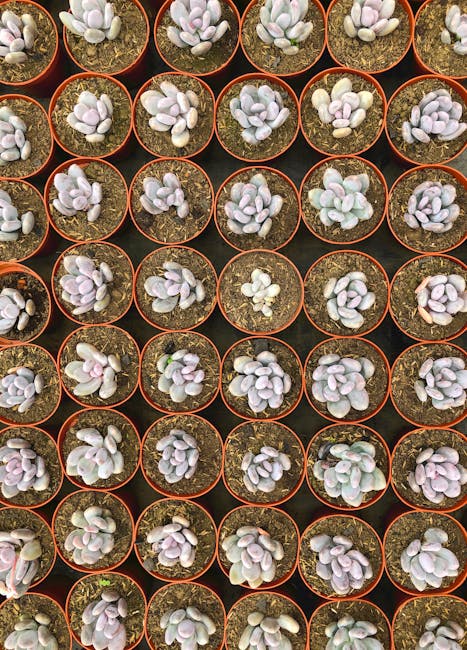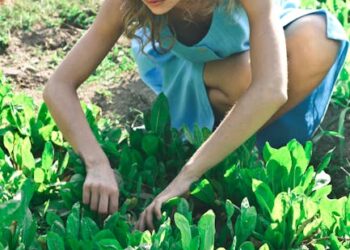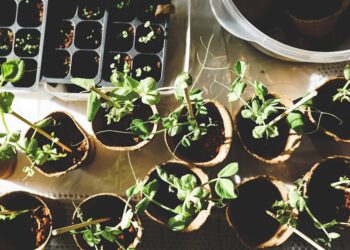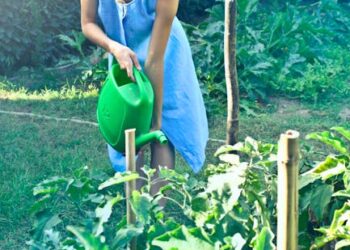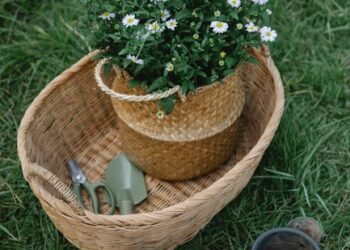Mastering the Art of Composting: Techniques and Tips for Every Gardener
Composting is not just a process; it’s an eco-friendly art form beneficial to your garden and the environment. Whether you’re a novice gardener or a seasoned green thumb, mastering the techniques of composting can greatly enhance the health of your plants while reducing kitchen waste. This guide will explore various composting methods, provide practical tips, and answer common questions to help you become a composting pro.
Understanding Composting Basics
Before diving into specific techniques, let’s clarify what composting entails. Composting is the natural process of recycling organic matter like leaves, vegetable scraps, and paper products, turning them into a nutrient-rich soil amendment known as compost. This material improves soil texture, aids in moisture retention, and provides essential nutrients to plants.
Why Compost?
Composting offers numerous benefits:
- Environmental Impact: Reduces landfill waste and lowers your carbon footprint by decomposing organic materials naturally.
- Soil Health: Enriches the soil, fosters healthy plant growth, and helps suppress plant diseases and pests.
- Water Savings: Compost helps soil hold moisture, thus reducing the need for frequent watering.
- Economic Efficiency: Minimizes the need for chemical fertilizers, saving money over time.
Key Composting Techniques
There are several effective methods to try, depending on your available space, lifestyle, and gardening needs. Here’s a breakdown of the most popular techniques:
1. Backyard Composting
If you have space in your yard, this traditional method can be very effective. It involves creating a compost pile in a shady spot close to a water source. You can either start your pile on the ground or use a compost bin to keep things neat. The key is to balance ‘greens’ such as vegetable peels and fresh plant materials (‘wet’ ingredients rich in nitrogen) and ‘browns’ like dry leaves, straw, or shredded paper (‘dry’ ingredients rich in carbon).
2. Tumbler Composting
For those with limited space, tumbler composters are ideal. These are sealed compost bins that can be turned to mix the composting materials easily. They’re perfect for quick decomposition and can be more manageable than large compost piles, especially for those new to composting.
3. Vermicomposting
Also known as worm composting, vermicomposting uses red wiggler worms to break down organic material. This technique is perfect for indoor composting and is incredibly efficient. Worm castings (worm poop) are a top-grade form of compost rich in nutrients.
4. Bokashi Composting
Bokashi is a Japanese method that ferments kitchen waste, including meat and dairy, in a sealed container using a specific microbe-inoculated bran. Although it requires the purchase of Bokashi bran, this method is fast, and the resulting compost is nutrient-dense, excellent for house plants or traditional garden beds.
Starting Your Compost Pile
Getting started with composting doesn’t require specialized equipment or materials. Follow these straightforward steps to create your compost pile:
- Select a Site: Choose a dry, shady spot near a water source for your backyard pile or bin.
- Add Materials: Begin with a layer of coarse material like twigs or straw to aid drainage. Then alternate layers of greens and browns.
- Maintain Moisture: Your compost should be moist like a wrung-out sponge. Add water if it feels too dry, or add browns if it’s too wet.
- Turn Regularly: Mix your pile every few weeks to aerate it, which helps to speed up the composting process.
- Monitor Progress: Finished compost is dark, crumbly, and sweet-smelling. It is generally ready to use after several months.
Common Composting Questions
What Can and Can’t Be Composted?
Compostable: Fruit scraps, vegetable peels, coffee grounds, eggshells, grass and plant clippings, shredded newspaper.
Non-Compostable: Meat, bones, dairy products, fats/oils, pet wastes, plastic or synthetic fibers.
Does Composting Attract Pests?
While compost piles can potentially attract pests, proper maintenance like covering new additions with dry browns and turning the pile regularly minimizes this risk.
Final Thoughts and Tips
Composting is a rewarding eco-friendly project that enhances your garden’s productivity and supports a healthier planet. By understanding the basic principles and methods, starting your compost pile, and using best practices, you’ll create valuable compost for your garden and reduce waste efficiently.
Here’s a final tip: Be patient. Composting is a natural process that takes time, but the rewards of rich, nutritious soil are well worth the effort. Happy composting!

